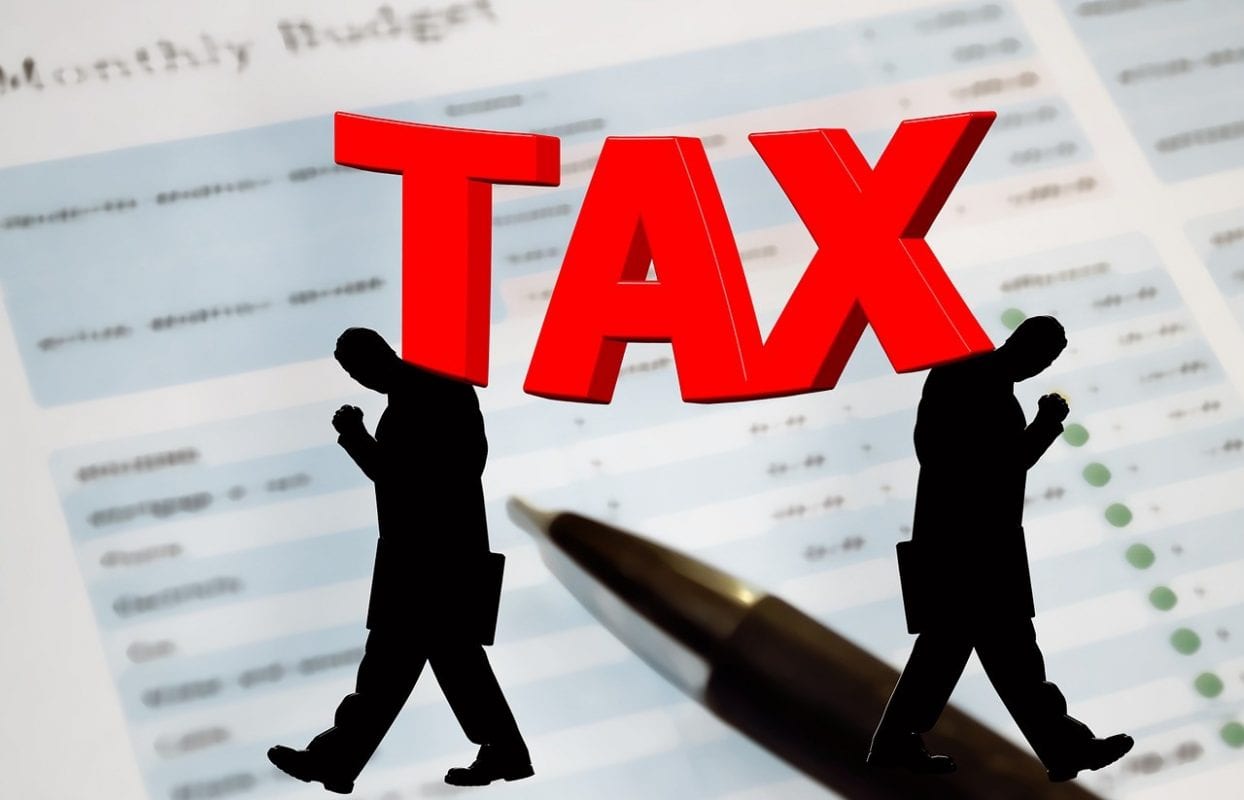Table of Contents
Tax tips for overseas workers
Planning a working holiday in the UK, or perhaps even migrating over permanently. Here’s a few things you’ll need to know about the UK tax system.
If you come to live in the UK, you would have to pay tax like anyone else. This is especially true if you will be considered UK resident for tax purposes. You will have to pay income tax, which covers benefits, pension, salary, and savings interest.
UK Tax Thresholds
How much tax you will pay depends on the income above your Person Allowance. For instance, if you earn £15,000, £4,000 of this will be taxed by 20%, because the tax-free personal allowance is only £11,000. The 20% is based on the income tax rates specific for a particular income band.
National Insurance
If you work in the UK, you will also have to pay National Insurance (NI), the cost of which will depend if you’re employed or self-employed. But you may be exempt from paying NI if you already pay NI in another European Economic Area (EEA) country. You must provide proof, such as Portable Document A1, E101 or E102. Exemption also applies if you come from a country that has a bilateral agreement on Social Security with the UK. Make sure to provide a certificate.
How to pay UK tax
If you are employed, your taxes will be automatically deducted by your employer through the PAYE system.
If you are self-employed, you need to send a self-assessment tax return. The same thing applies if you have other UK income, if you made a profit selling certain assets, such as a second home, and you need to pay UK tax on foreign income.
However, if you live in the UK only to undergo training or for a short business trip, you may not have to pay UK tax.
Think you may be due a tax refund? Apply here to get your tax back.

